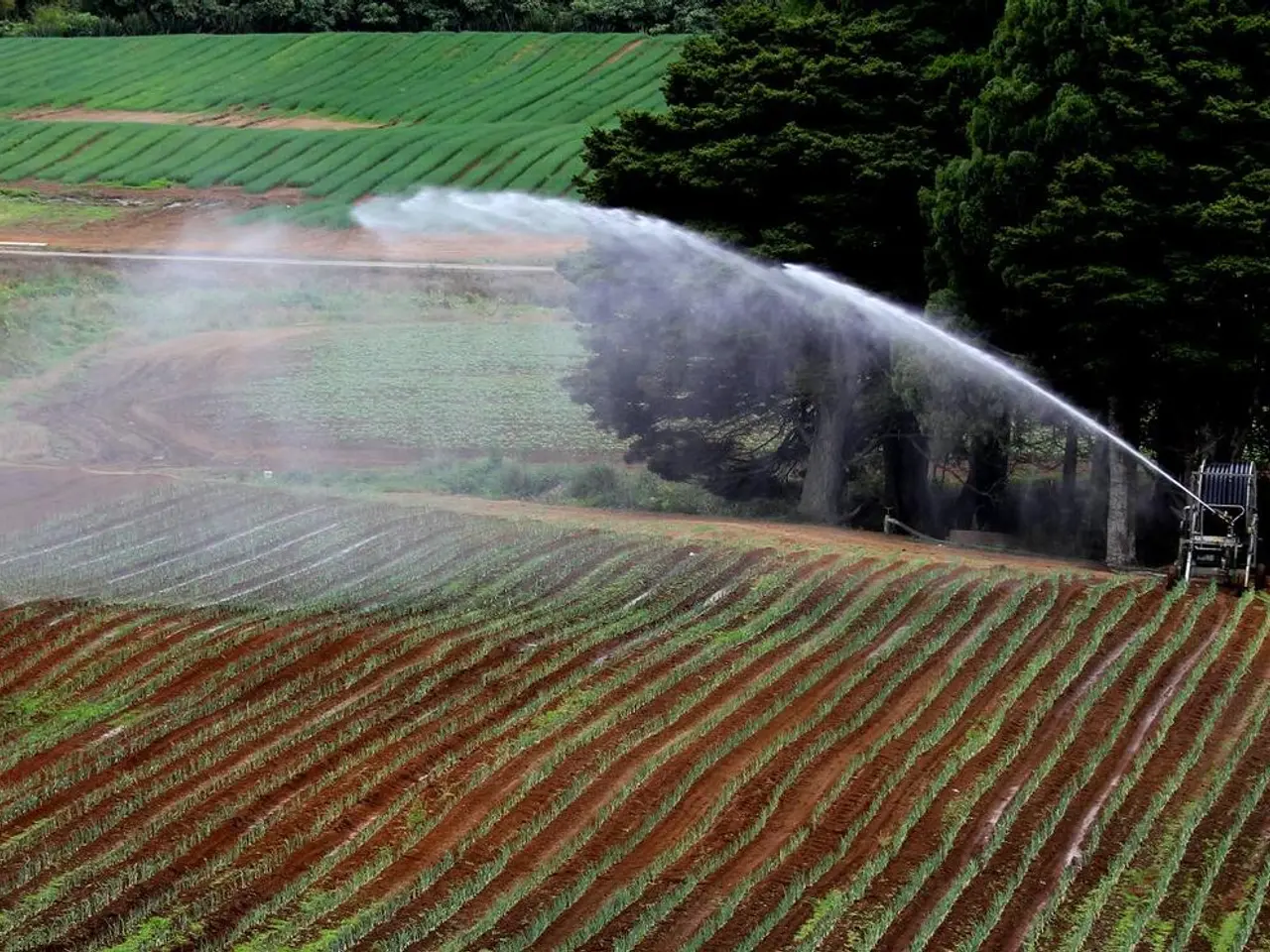Investment firm Infranity puts €245 million into Italian company specializing in biomethane production.
Infranity Invests €245 Million in FemoGas to Boost Biomethane Production
FemoGas, a leading producer of liquid biomethane, has secured a significant boost to its renewable energy operations with a €245 million loan from Infranity, a Paris-based sustainable infrastructure investor. This investment will enable FemoGas to double its production of liquid biomethane for heavy-duty vehicles and maritime transport to 0.5 Terawatt-hours by 2027 [1][2][3].
The loan will be used to refinance and construct seven new biomethane plants, expanding liquid biomethane capacity significantly within Europe. This investment is a significant step towards the European Commission’s target of producing 35 billion cubic metres (bcm) of biomethane by 2030 [1][2].
Three production facilities are already operational at FemoGas, and this investment will allow the company to significantly increase its output. The biomethane generated from these facilities will be commercially available to serve the European road and maritime transport sectors, sectors crucial for decarbonization [1][2].
Infranity manages around €12.5 billion in assets and focuses on five main fields of infrastructure across all of its strategies, including energy transition, green mobility, the environment, social infrastructure, and digital transformation [4]. This is Infranity's first investment in the biogas sector.
By boosting biomethane production infrastructure, this financial support directly contributes to the European Commission’s target of producing 35 bcm of biomethane by 2030. Increasing biomethane availability, particularly for transport sectors, helps diversify and decarbonize Europe's energy supply, which aligns with the Commission’s renewable energy and climate goals [1][2].
The key contributions of the loan include:
- Financing seven new biomethane plants, expanding liquid biomethane capacity significantly within Europe.
- Supporting the transition of heavy road and maritime transport to renewable fuels, a sector critical for reducing greenhouse gas emissions.
- Enhancing the overall biomethane production scale to help meet the EU-wide 35 bcm biomethane target by 2030, contributing to sustainable growth in the renewable energy market [1][2][3].
Thus, the Infranity loan to FemoGas strengthens the biomethane production infrastructure essential for reaching the EU’s biomethane deployment ambitions and supports sustainable transport energy transition across Europe.
[1] Biomethane is a renewable gas derived from organic matter like manure or silage from farms. [2] The injection of 1.5 TWh of biomethane into the Italian gas network could reduce CO2 emissions by heavy-duty vehicles serving Italian farms by one million tonnes a year. [3] The biomethane generated from the facilities will be commercially available to serve the European road and maritime transport sectors. [4] Infranity manages around €12.5bn in assets and focuses on five main fields of infrastructure across all of its strategies, including energy transition, green mobility, the environment, social infrastructure, and digital transformation.
- The investment of €245 million by Infranity in FemoGas, a leading producer of liquid biomethane, will drive the renewable-energy industry by enabling a doubling of biomethane production for heavy-duty vehicles and maritime transport, propelling the energy transition.
- This investment is in line with the European Commission’s target of producing 35 billion cubic metres (bcm) of biomethane by 2030, demonstrating the strategic role of Infranity and the finance industry in supporting the renewable-energy business.
- The loan will facilitate the refinance and construction of seven new biomethane plants, bolstering Europe's renewable energy capacity and promoting social impact through the creation of a greener, more sustainable business model.
- Under the scope of Infranity's five main fields of infrastructure, this is the first investment in the biogas sector, marking a significant milestone in the energy transition and the pursuit of a greener, more environmentally responsible future.




